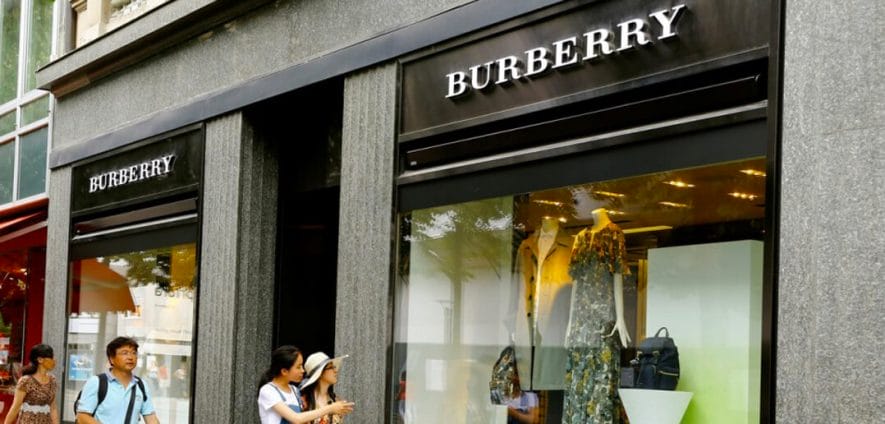Following Louis Vuitton and Gucci, Burberry also cut retail prices of apparel and bags in China, knocking them down by around 4% on average. “Burberry is a great deal supporting China’s government decision to reduce customs duties on import of luxury goods and commodities in China. The government’s commitment is clearly positive for consumers. In response to these measures, we decided to cut the prices of a number of our products in China”, remarked, once again, a spokesperson of the British fashion brand while talking to Jing Daily newspaper. He stressed the fact that such price reduction might possibly boost Burberry’s sales in China, therefore offsetting, partly at least, potential lower consumptions, by Chinese buyers, all over the world, owing to the rate of exchange between Yuan and British Pound. “In 2018 first quarter, Chinese tourists decreased considerably in Europe and in the United Kingdom, whereas sales went up in Asia”, pointed out Julie Brown, chief financial officer of Burberry, while giving speech during the latest conference call on the economic and financial figures of the brand in the first three months of the present year. In the meantime, in China Stella International is currently dealing with a complicated situation, and prospects are not good either, owing to the relationship between China and the United States. In 2018 first six months their revenues amounted to 740 million dollars (about 632 million euros), therefore dropping by 3.1% on annual basis. The business of the Chinese footwear group has been mostly undermined by exports, which increased by 7.1% in terms of volumes, but remarkably decreased (-6.5%) with regard to incomes. Such figures, along with the international scenario, will force the brand’s management to revise their strategies for the months to come. As reported by media, they will first lower manufacturing volumes (prior to a selected reduction in some plants) and invest in quality subsequently. Moreover, they will share out, in a different way, manufacturing lots, in order to safeguard the holding from the potential effects following from the commercial war between China and the United States. “The situation has not hit us yet – told the press president Jack Chiang – but we shall be alert not to be affected, in our business deals, by this trade conflict”.
News from China: Burberry (along with Gucci and Vuitton) knocks down prices; conversely, Stella International slows down











